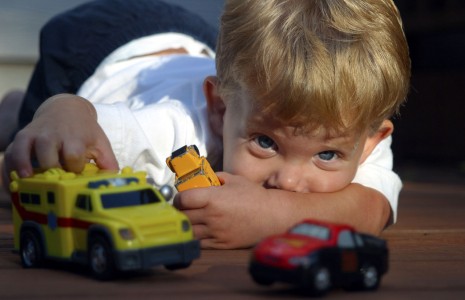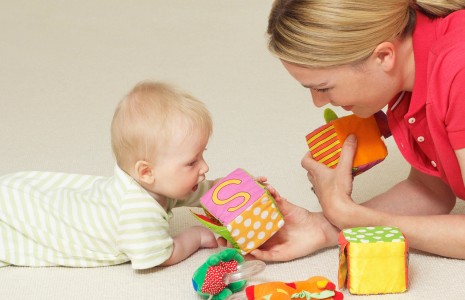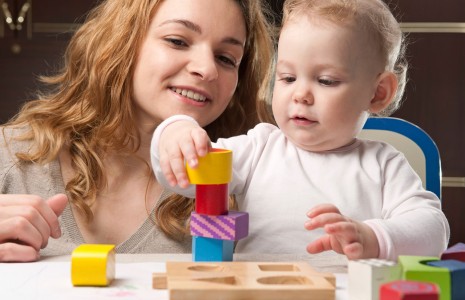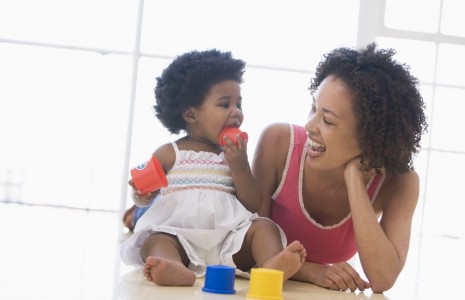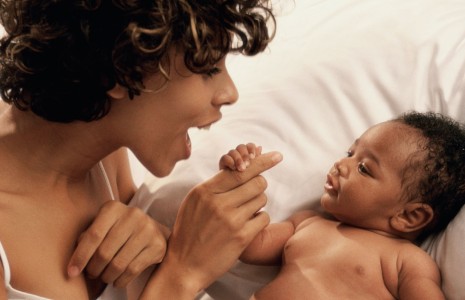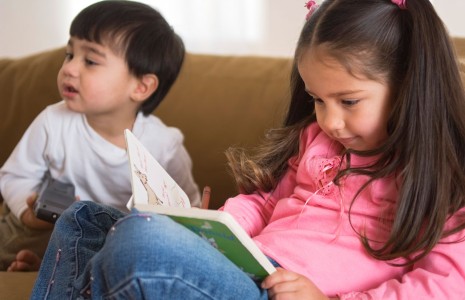One of the best things about kids is their sense of fun and adventure. Whether it’s playing pretend, drawing, or freeze tag, they are enthusiastic participants. And while all this playing may seem like just fun and games, research shows it is actually at the core of child development.
Kids at play. It’s a classic theme in art and literature, a symbol invoked by candidates, a sight that sparks a smile on your evening commute. But play is also serious stuff: it’s a laboratory for the real world, in which children explore social roles, hone their motor skills, discover their identities, and set a pattern for physical fitness. Play is so important that the United Nations High Commission for Human Rights has listed it as a right due to every child.
According to recent surveys, American preschoolers spend an average of four hours each day watching TV. It represents a dramatic shift from the childhood of our ancestors. What are the consequences? An electronic childhood might contribute to sleep problems and cheat kids of important developmental experiences. That’s why pediatricians urge us to replace screen time with real-world social experiences and lots of “unplugged” play. But how do we make it work? Here are some evidence-based tips.
When children play, they discover their environment, acquire new skills, and develop a sense of mastery. When they play with other children, they learn to share, negotiate, and resolve conflicts.
Kids need to hear a language in order to learn it. Everybody knows that. But if it were just a case of listening to the spoken word, your baby might learn just as easily from eavesdropping or watching television. Babies pay attention to our emotional signals and tone of voice. Two-way communication matters. But what does a good baby conversation look like? Here are some evidence-based tips.
There’s an ambitious plan guiding the work of Shelby County educators for the next decade, a plan that, if successful, may provide Memphis and the surrounding communities with a bright and skilled workforce by 2025.
